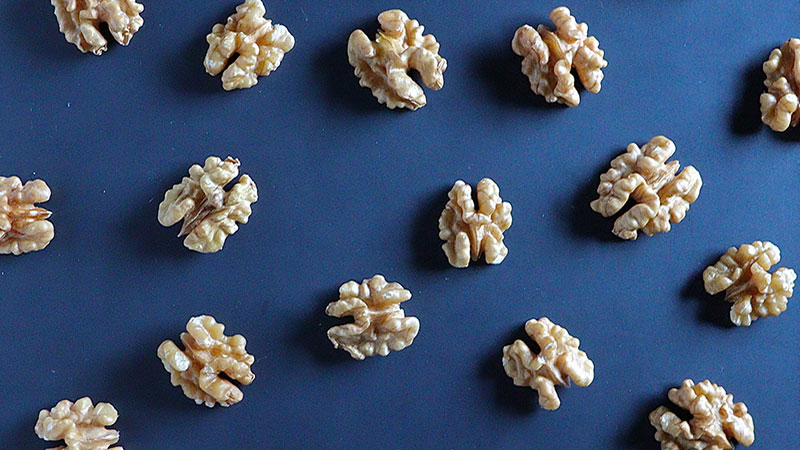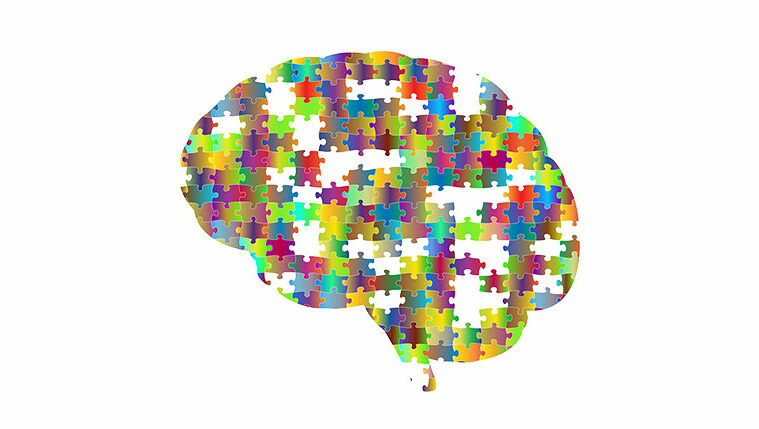Have you ever had a “senior” moment? These days, you don’t have to be a senior to have one. Without the right mix of diet and exercise, your brain health can decline. Read on to learn about lifestyle factors that impact the brain, like diet and exercise, as well as the best foods to support brain health.
We’ve already told you about the amazing longevity benefits of C60. We think it’s the closest thing to a magic pill for overall health. But, really, the promise of a pill that magically improves your health without any lifestyle changes is just fantasy. At some point, we have to work at health, especially brain health.
Focus On Five To Support Brain Health:
1. Exercise

Movement offers many amazing benefits for the body. When you sweat, you release toxins via the skin. When you increase your heartrate, you improve cardiovascular health and maintain that all-important muscle, the heart. And when you exercise, you ask your brain to make decisions and control your moves. For example, exercise improves the brain’s plasticity, increasing brain volume and connections. (1)
Exercise triggers the body to produce BDNF, a neurotransmitter that helps grow new brain cells and synapses. Select exercises that demand your attention, like Tai Chi, or require on-the-go decisions, like pickleball and obstacle courses. (2)
Pro Tip: Rebounding, in particular, offers an excellent exercise to drain the lymphatic system and clear away toxins.
2. Sleep

Do you get plenty of Zzz’s? Moving the brain through different wavelengths of activity and rest allows the brain to discharge toxins and cement memories. But not only that, research shows that adequate sleep (7-8 hours per night) acts as one of the best tools for preventing dementia. Meditation, which brings your brain into a pre-sleep state with alpha waves, further encourages a good night’s sleep. (3, 4, 5)
3. Attitude / Stress

A positive attitude goes a long way in brain health. Yes, stress is important to keep the body functioning. But too much stress, like what many people experience these days, may lead to inflammation, increase blood-sugar levels (not a good thing!), and actually damage neurons. (6)
Did you ever see the old ad about illicit drugs and your brain? A person cracked an egg onto a steaming hot skillet, and the egg fried to a crisp. “This is your brain on drugs,” the PSA warned. Well, that certainly is true of stress and the brain. Focusing on gratitude and good intentions, instead, eases stress and protects brain health. (7)
4. Hydration

David Wolfe often says, “The solution to pollution is dilution!” That means you can reduce the impact of toxins by watering them down and flushing them out – literally. Drink more water! Yes, water helps clear toxins from the body, but it also supports brain health.
As the brain is made up of 73% water, then any level of dehydration may impair brain function. It was thought that a mere 2% drop in hydration levels would cause trouble for the brain, some studies now suggest that even a 1-2% drop may have detrimental effects. (8, 9)
Pro Tip: Generally, when we think hydration, we think water. But you can get your fluids in other ways, like spa water or fresh-pressed juices.
5. Nutrition

While there are several reasons to eat well, brain health should top your list! The Standard American Diet (SAD) of ultra-processed foods robs your body of important nutrients that support cognitive function. (10)
Furthermore, the toxicity of a poor diet leads to inflammation in the body. Inflammation, then, begins the process that may lead to cognitive impairment, which may then progress to dementia. Note that mild cognitive impairment (MCI) doesn’t always progress to dementia or Alzheimer’s. (11)
So it’s not only how good the food is, but also how toxic it may be. Strive for an organic, plant-based diet. Plant-based means eating brightly colored veggies and fruit. If you chose animal products, focus on eggs from humanely raised hens and raw dairy products. Ghee, with its all-important cholesterol, also supports a healthy brain!
Pro Tip: Add in the good brain foods to push out the bad ones. In fact, providing your body with the best foods may be key to brain health.
Top 3 Foods to Eat
1. Green Leafy Vegetables – It’s hard to limit the “good food” list to just three, but green leafy veggies make any list. Specifically, a recent study in the journal Neurology showed that the more green, leafy vegetables you eat — think spinach and kale — the longer the brain keeps cognitive decline at bay. (12)
2. Walnuts – Just look at those lovely little nuts above. Following the Doctrine of Signatures, it’s easy to see that walnuts, which look like the brain, support a healthy one. Walnuts boast a good amount of ALA, the plant-based omega-3 fatty acid that helps prevent cognitive decline.
3. Fermented Foods – As the only way for centuries to preserve food over time and distance, fermentation has the added benefit of adding microbes to our diet. You don’t need to take probiotics if you eat a variety of fermented foods, like sauerkraut or kimchi. But if you don’t get those microbes in, you may damage your microbiome. And a dysfunctional gut may lead to cognitive decline. (13, 14)
Top 3 Foods to Avoid
1. Sugar – One study, in particular, concerned the connection between blood sugar and the risk of dementia. Higher blood sugar levels earlier in life result in faster rates of cognitive decline. (14)
2. Ultra-Processed Seed Oils – You will often find seed oils in products with a long shelf life. But seed oils actually go rancid fairly quickly. The high heat used in processing further damages these delicate oils. Sadly, even beneficial oils like olive oil can be adulterated. Why use damaged foods as building blocks for your own cells?
3. GMO Foods – Genetically modified crops (often relabeled as “bioengineered”) allow farmers to spray crops and land with herbicides and pesticides without damaging the actual crop. As you might guess, when you eat the residue of something that kills weeds, you open yourself up to damage.
Also, check out these 9 herbs that boost memory and focus!
Conclusion
Have you seen a theme here? Much of health has to do with toxins — in our environment and in our bodies. Supporting your brain means keeping toxins out and eliminating what’s in there. Your body’s natural metabolism also creates waste, so don’t feel you need to live in a bubble to remain healthy. Focus on what you can do today, and remain positive!


